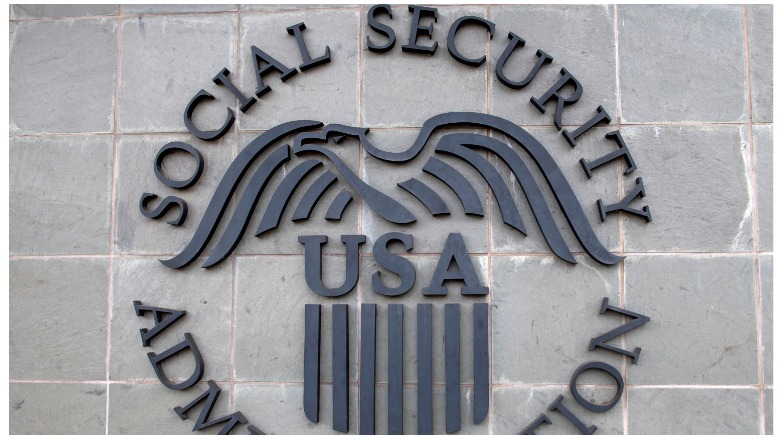
The government’s annual calculations have shown a rise in the cost-of-living, which Social Security Administration officials have said will mean more money in Social Security benefits in 2021.
However, one of the biggest proposed changes could come if President-elect Joe Biden‘s stimulus plan, which proposes adding an extra $200 to millions of monthly Social Security payments, is approved.
The Government Plans a Cost-of-Living Increase for 2021
According to the Social Security Administration, the average monthly Social Security check for retired workers was $1,514. The administration says that the number of recipients ages 65 and older who will likely be on Social Security in 2035 will increase by 22 million people, from 56 million to more than 78 million.
A news release from the Assistant Deputy Commissioner of the Social Security Administration Darlynda Bogle announced that Americans can expect to see their Social Security benefits and Supplemental Security Income (SSI) payments rise by 1.3% in 2021 thanks to a cost-of-living adjustment. The adjustment is expected to affect an estimated 70 million people, Bogle said:
We will mail COLA notices throughout the month of December to retirement, survivors, and disability beneficiaries, SSI recipients, and representative payees. But, if you want to know your new benefit amount sooner, you can securely obtain the Social Security COLA notice online using the Message Center in your my Social Security account.
The cost-of-living adjustment is calculated by the Department of Labor. According to The Associated Press, this year’s increase is 0.3% lower than last year’s COLA and will amount to roughly an additional $20 per month for the average retiree.
Bogle said the new estimated payment amounts will be available in early December. The benefits are expected to increase with the holiday payment for January 2021, which is typically paid in advance. Therefore Social Security recipients can expect to see a slightly larger benefits check in December 2020.
Biden Is Proposing an Extra $200 Bump
According to CNBC, Biden has said he plans to increase Social Security payments by $200 per month, which would affect retirees as well as veterans and Supplemental Security Income (SSI) recipients.
The additional benefit was first proposed by two Democratic senators, Oregon’s Ron Wyden and Massachusetts’ Elizabeth Warren. In their March CNBC op-ed, the two wrote, “… We are pushing to include in Congress’ next stimulus package a $200 increase in the monthly benefit for all Social Security, Veterans, and Supplemental Security Income (SSI) beneficiaries through the end of 2021.” The two estimated that such a supplement would add “$4,000 in the pockets of seniors and people with disabilities who have earned this benefit by contributing to Social Security with every paycheck” and “improve the lives of millions of Americans and help our economy stabilize and recover.”
The senators also noted that many retired seniors rely wholly on those payments for income and that beneficiaries have received a supplemental payment in times of economic strife before; in the wake of the 2008 economic crisis, the 2009 American Recovery and Reinvestment Act provided Social Security, SSI and other benefit recipients such as veterans with a one-time payment of $250.
Social Security is predicted to become insolvent by 2035, The Center on Budget and Policy Priorities reported. This means it would be unable to meet its full obligations and would like only be able to pay about 75% of intended recipients. Biden has made many promises on Social Security, including that he will help fund it with his increase in payroll taxes for those making over $400,000 per year.
According to the Urban Institute, this plan to help extend Social Security would only extend the lifespan of the program for five years. However, the Institute also found that “his proposals would lift more than 1 million people out of poverty in 2021 and cut the poverty rate for adult Social Security beneficiaries over the coming decades by more than half.”
READ NEXT: Second Stimulus: What McConnell Taking Over Negotiations Could Mean